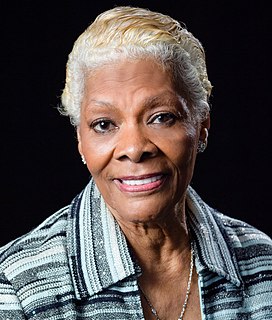A Quote by Zainab Salbi
I believe that a lot of progress has been achieved to address gender inequality: We have moved from a time where women in the US could not apply for credit card without their husband's signature to a time where women are the owners of their businesses.
Related Quotes
There may be countries [where] there's no gender inequality in schooling, even in higher education, but [where there is] gender inequality in high business. Japan is a very good example of that. You might find cases in the United States where at one level women's equality has progressed tremendously. You don't have the kind of problem of higher women's mortality as you see in South Asia, North Africa, and East Asia, China, too, and yet for American women there are some fields in which equality hasn't yet come.
U.N. Women was created due to the acknowledgement that gender equality and women's empowerment was still, despite progress, far from what it should be. Transforming political will and decisions, such as the Member States creating U.N. Women, into concrete steps towards gender equality and women's empowerment, I think is one of the main challenges.
Marjan. I have told him tales of good women and bad women, strong women and weak women, shy women and bold women, clever women and stupid women, honest women and women who betray. I'm hoping that, by living inside their skins while he hears their stories, he'll understand over time that women are not all this way or that way. I'm hoping he'll look at women as he does at men-that you must judge each of us on her own merits, and not condemn us or exalt us only because we belong to a particular sex.
I want the government in the DRC and everywhere where gender inequality is a problem, it's not only an African problem, to take this seriously, also to do everything they can to ensure that we put an end to impunity, to address the problem of impunity and also to assist the women; to empower women, to make sure that they have a voice and a seat at the table where decisions are made.
In our current society, it is considered a weakness to be female and a treason to protest this. Highlighting inequality results in aggressive insults and threats, all of which are propped up by the repeated narrative now that women are 'playing the gender card'. And this is the final insult. That of all the unfair things associated with women - the violence and insults, the financial oppression, the very undermining of our worth as human beings - it is the acknowledgement of these inequalities that gives us some kind of unfair advantage over the men who benefit from them.
And so when I moved to IBM, I moved because I thought I could apply technology. I didn't actually have to do my engineer - I was an electrical engineer, but I could apply it. And that was when I changed. And when I got there, though, I have to say, at the time, I really never felt there was a constraint about being a woman. I really did not.




































